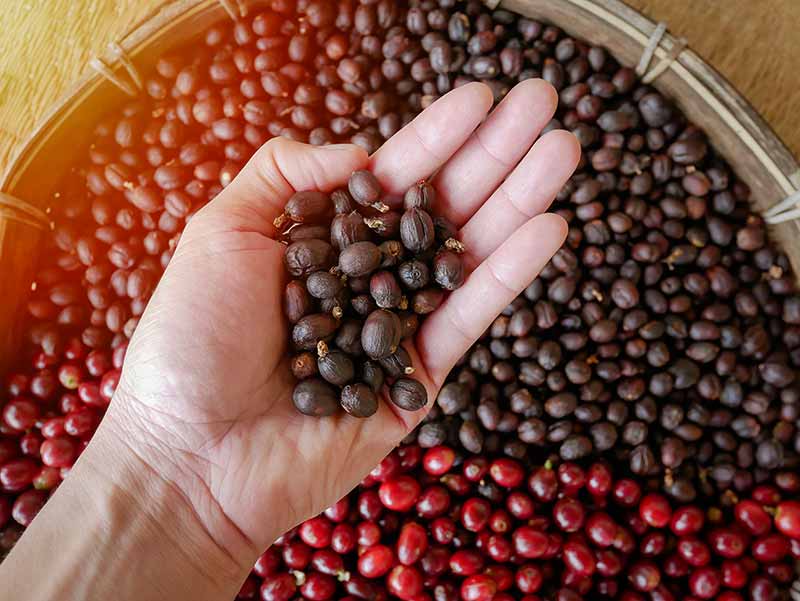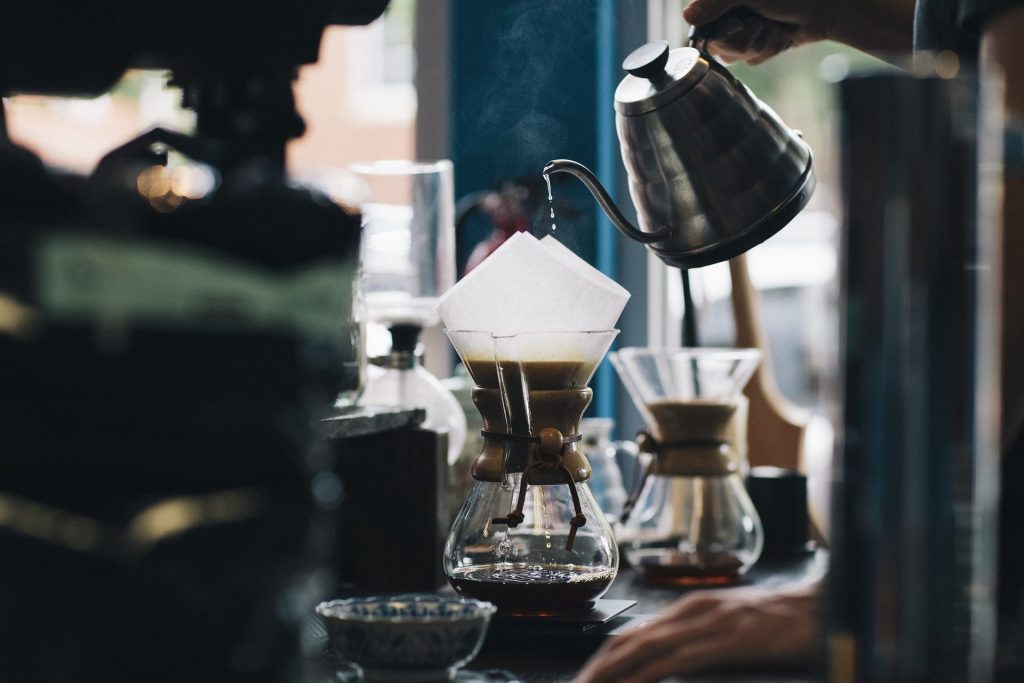
Although the Specialty Coffee Association of America (SCAA) indicates that a coffee must be above 80 points according to its cupping protocols to be considered a specialty coffee, the association does not use this as a strict definition of what is a Specialty Coffee.
In 2009 SCAA executive director Ric Rhinehart wrote in The Specialty Coffee Chronicle: <<We must examine the roles that each party plays in the entire production chain and create a definition for ‘specialty’ at each step of the process (growing, processing, roasting, brewing)>>.
By analyzing it thoroughly, it becomes clear that care at every step of the process dramatically impacts the way a quality product can be recognized, developed, promoted and enjoyed.
Unlike wine, a drink with which coffee is usually compared and analogies are made, coffee passes through several hands before reaching the final consumer.
In the wine model, it is usually the same producer who is in charge of the whole process from planting and cultivation to final bottling.
Beyond that, serving wine is as simple as removing the cork and pouring into a suitable glass. Coffee, on the other hand, goes through several stages before you can enjoy the drink you are drinking at the moment: from the coffee grower to the thresher, the toaster, the barista and finally the consumer; and the final experience (taste and quality) depends on each person involved and especially on the quality and rigor at each stage.
An exceptional fruit can be picked, but if it is poorly dried, stored poorly, burned when roasted or prepared carelessly, coffee loses its full potential and ends up being a common drink.
We can say that it is coffee that has lived up to quality standards in every part of the process, and that it has survived and maintained its quality since it is picked from the tree by the coffee grower, until we enjoy it in a drink.
When evaluated, it shows that it has been cultivated and processed with care and rigor and shows outstanding characteristics when analyzed against standard tasting protocols, by means of which not only special characteristics of flavor, aroma, fragrance, body, etc. , but also possible defects resulting from neglected practices affecting the potential of the coffee are identified.
The SCCA defines it in its green or almond state as coffee free of primary defects, without quakers, that has been properly dried and selected, and that is free of defects or flaws when analysed in the cup.
In other words, coffee that has undergone physical and sensory analysis.
Finally, it is a product about which you can provide information about its origin, region, farm, microclimate, variety and process. This is known as traceability.

Knowing everything that has to happen so that we can enjoy a cup of high quality specialty coffee changes our perception and helps us to look at life in a different way and to enjoy the life we love so much.